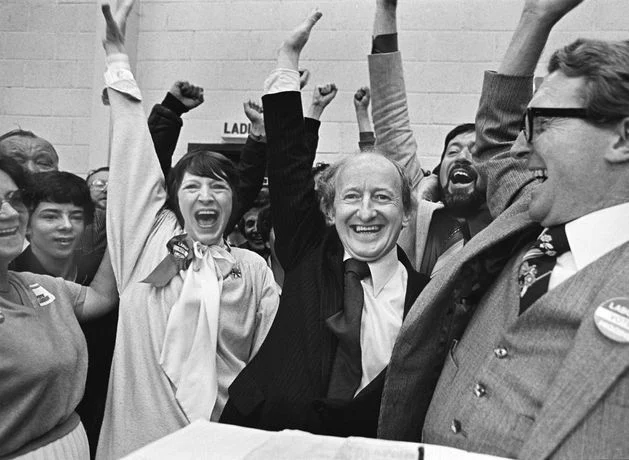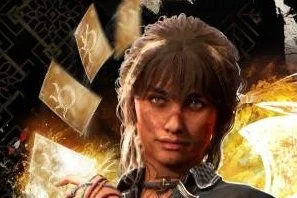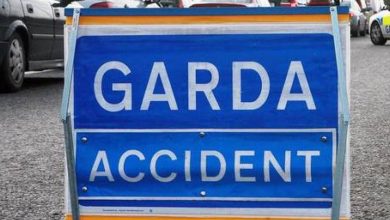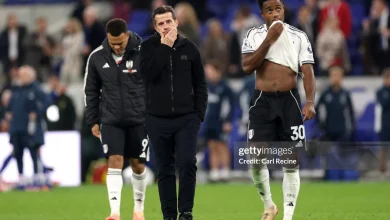‘Michael D Higgins: Ireland’s Ninth President’ review: Early career makes for captivating viewing before delving into the ‘cuddly’ years

Profile of beloved president Michael D Higgins is at its best on his ferocious firebrand period
The second half is just what you’d expect: a dutiful trudge through Higgins’ two seven-year terms in office.
In 2011, the year of his first run at the Áras, the country was broke financially and broken in spirit. The IMF had come in and taken charge of getting our house in order.
Coloured by this, the public’s attitude to the upcoming presidential election seemed to be “anyone but a politician”.
It’s generally accepted that what turned the tide against the favourite, businessman and Dragons’ Den fixture Sean Gallagher, was The Frontline TV debate (the documentary skips over the specific reasons Gallagher’s campaign imploded on the night).
Former Labour leader Eamon Gilmore, however, disagrees that the debate was the turning point that landed Higgins an unexpected win. He claims the campaign was going better than the opinion poll figures had suggested.
Former Taoiseach Leo Varadkar feels Higgins’ ability to rise above the squabbling among the other candidates during the debate was the pivotal factor. “Gravitas was a big part of it,” he says.
Michael D Higgins: Ireland’s Ninth President
We then get a brief, sometimes sketchy, history of Higgins’ triumphs and controversies. His divisive comments about the EU and his impassioned attack on the Government’s handling of the housing shortage – “It isn’t a crisis anymore, it is a disaster” – drew accusations that he’d overstepped the limits of his office.
His remarks following the death of Fidel Castro, who he called “a giant among global leaders”, attracted criticism from politicians and human rights groups.
In contrast, Higgins won unanimous praise for the dignified way he presided over a period when Irish-British relations were better than they’d ever been. He was exactly the kind of president the country needed at such a pivotal moment in history.
While it suited the Government of the day to have Higgins in office for a second term, something he’d previously said he wouldn’t do, Mary Robinson says she would have encouraged him not to serve again.
The documentary’s first half, on the other hand, is sparkling stuff – loose and playful, and making brilliant use of archive footage, quotes and music
“People remember your words,” she says. She also believes his refusal to attend a Northern Ireland centenary event in 2021 was a mistake.
As worthy as all this is, it’s a bit dull. The documentary’s first half, on the other hand, is sparkling stuff – loose and playful, and making brilliant use of archive footage, quotes and music.
This Michael D Higgins is not the cuddly, grandfatherly figure who inspired a line of crocheted tea cosies. It’s the committed left-wing firebrand and social justice warrior – fierce, fearless, uncompromising and lethally witty – who stood out from the grey men of Irish politics.
The years as president meeting the Queen are less interesting. Photo: Justin Tallis – WPA Pool/Getty Images
The clips are wonderful. The tone is set with Higgins on Nighthawks, telling the much-missed Shay Healy he was always a Stones man rather than a Beatles one. Cue a blast of Sympathy for the Devil. Then he’s telling Anthony Clare about how, at a certain time in Ireland, to be described as an intellectual was like being called “a sexual deviant”.
Next he’s on The Late Late Show, ripping into an audience member for claiming all politicians are just in it for the votes – and having a go at Gaybo for propagating that line on his radio and TV shows.
There he is in 1984, having visited El Salvador and witnessed the result of the US state-sponsored atrocities first-hand, leading the massive street protests against the visit of Ronald Reagan at the very moment the ‘Gipper’ was addressing the Dáil.
President Michael D Higgins will be succeeded by Catherine Connolly (Brian Lawless/PA)
“He had remarkable resilience,” says Hot Press editor Niall Stokes, who persuaded him to write a regular column.
This was proved in Higgins’ 12-year quest to win a Dáil seat, which he finally did in 1981.
Away from the presidency, his greatest legacy stems from is time as Arts Minister. He spearheaded the creation of TG4 (previously Teilifís na Gaeilge), which many thought would fail, and re-established the Irish Film Board.
Thanks to him, says Neil Jordan, “there’s a film culture, an Irish film industry, that wasn’t there before”.
Rating: Three stars




